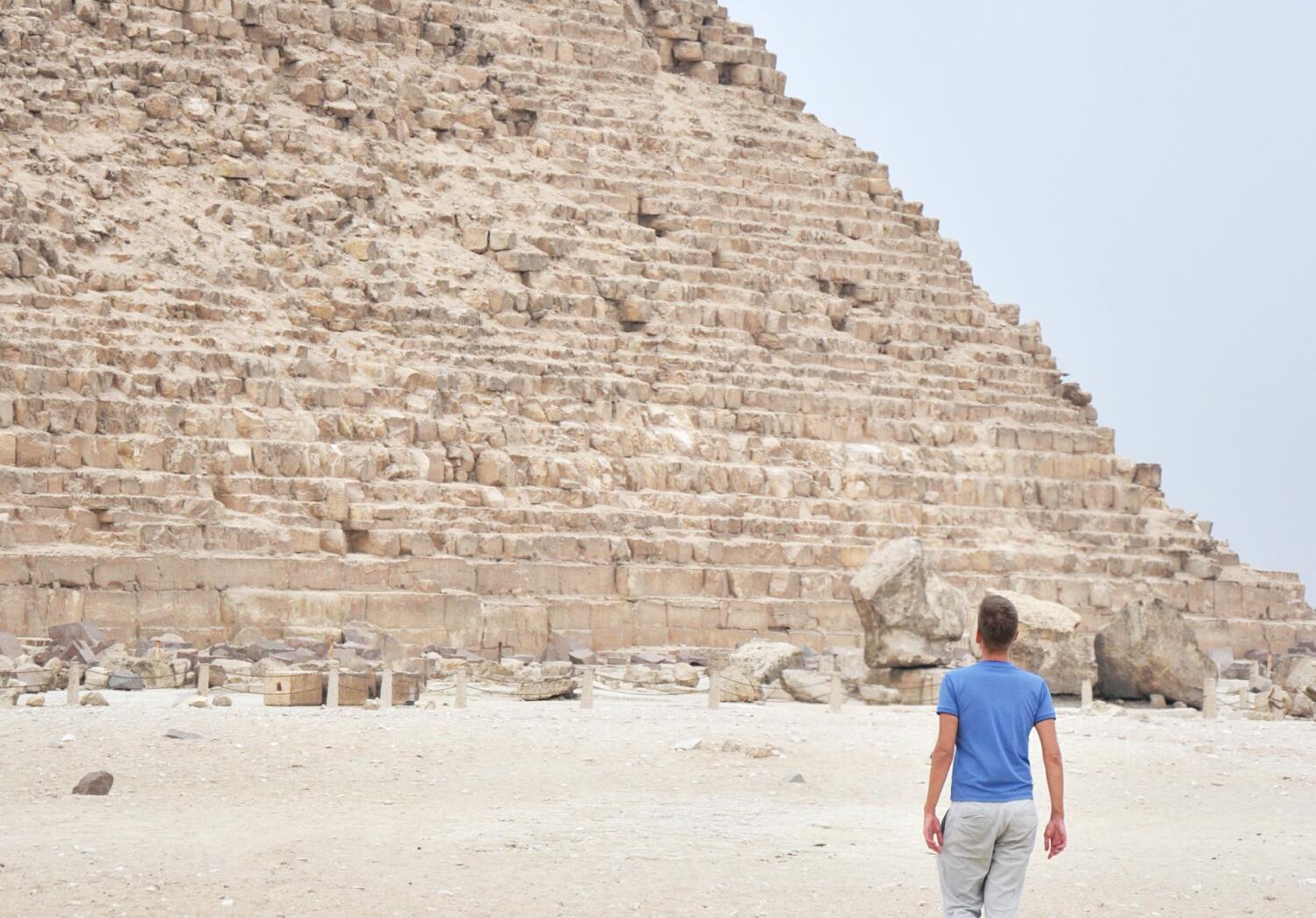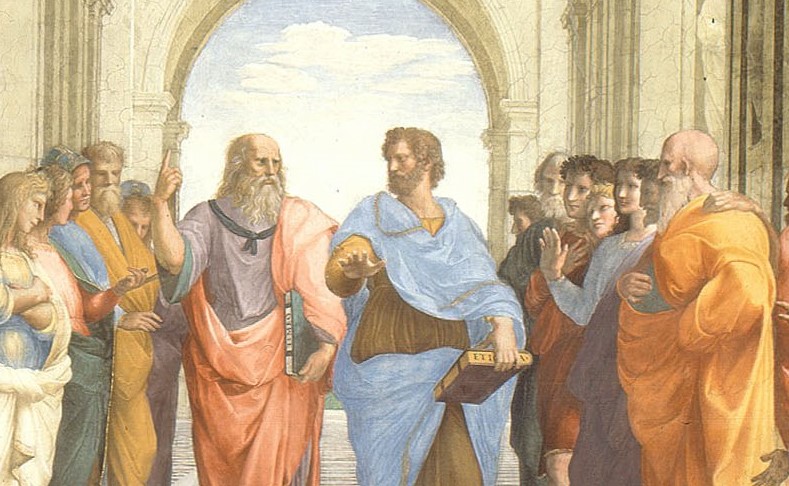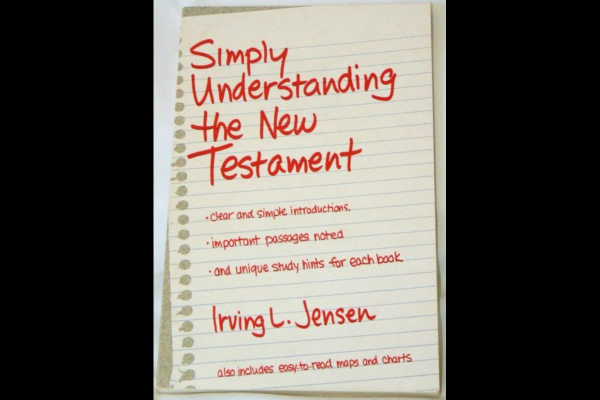Forum Summary: Thinking about History
Author: Ryan Price | Student, Living Education – Charlotte, 2021-22
Estimated Reading Time: 4 min.
Mr. Mark Sandor, pastor and former social studies teacher, began his forum address by asking the LivingEd students a question—why is history important?
His goal was to answer that question and to show the students how they can properly navigate the complexities of history.
Why Is History Important?
One of the reasons the topic of history is important to us in God’s Church is because it contains numerous examples of God’s hand in world affairs. Mr. Sandor made this point by referring to the book Undaunted Courage by Stephen E. Ambrose. The book covers the adventures of Lewis and Clark in their expedition across the western territory of the United States after the Louisiana Purchase. Many times, the expedition would have ended in disaster if not for what secular scholars deem “coincidences.” However, we in God’s Church can see that these seeming coincidences were God’s hand using imperfect human beings to guide a nation.
History also provides case studies in human behavior, showing us the cause and effect of the actions and choices made by those who came before us. Observing the lives of others can reinforce what we know and teach us examples of both what we should and what we should not do. Mr. Sandor used Abraham Lincoln as an example, who, despite not being called, understood the basic teachings of the Bible and used them to lead America through the Civil War.
Things to Keep in Mind
However, there are a few questions we should keep in mind while reading history. First, we should determine the author’s background and point of view. Mr. Sandor brought up Herodotus, “the Father of History,” as an example. He often wrote about the wars between the Greeks and the Persians. Being Greek, he portrayed the Greeks as stalwart heroes and the Persians as despicable villains. Every historian has their biases, and as we read history, we should remain aware of this.
Another thing to consider, although this applies more to ancient historians, is who the historian was sponsored by. A sponsor was often necessary to be able to afford the time it took to write in ancient times. This sponsor held much influence on what was recorded and often ensured that they would be portrayed in a positive light.
A third thing to consider is the author’s source. Mr. Sandor used the example of George McClellan, a general in the Union Army who was a bitter rival of Abraham Lincoln. He served under Lincoln in the Civil War and after a serious military blunder was replaced by a different general. McClellan went on to run against Lincoln for office and publicly insulted his appearance and name. However, Mr. Sandor read a book painting McClellan as a “God-fearing, good man.” Checking the source, he found that it was exclusively what McClellan wrote about himself! Often the subject of a story is painted as a hero, but the facts of history may not show them in such a noble light. It is nearly impossible to record every aspect of one’s life. In writing history, you have to choose a place to start and a place to end. So, whether by choice or necessity, things are often left out of historical accounts.
How Does God Tell History?
We can determine how to properly study history by looking at how God records it. One of the aspects of history revealed by the Bible is that there is more than one way to accurately tell a story. Mr. Sandor referenced the four gospels as an example of this.
Another thing we can see is that sometimes God leaves things out to get a point across. He tells us what we need to know, but doesn’t necessarily give us everything. Mr. Sandor used the dispute between the Archangel Michael and the devil about the body of Moses in Jude 1:8-9 as an example of this. This event is recorded nowhere else in Scripture, and while it would be very interesting to learn more about it, the spiritual lesson is what’s important in this account.
A third lesson we learn is that God focuses on the big picture and the legacies people leave behind. We can see this throughout the Bible. For instance, Mr. Sandor compared King David and King Ahab. Both men coveted something belonging to their servant, leading to the death of that servant, and repented. But, while they both went through a similar situation, one wouldn’t consider these men as equals based on their greater legacy. This same principle applies to historical figures outside the Bible. Focusing on the big picture gives us a greater view of the impact people and events have had on history.
This is the challenge of history: We must seek multiple sources on a subject, note the differences between them, and consider how the sources may reveal the full picture when examined together. By meeting this challenge, we can get the most out of studying history.









